This change not only helps people to be proactive in their seed sources but also opens up a more stable and sustainable economic development direction. Mr. Lai Van Hung’s family, one of the pioneers, is a typical example of that journey of overcoming difficulties.
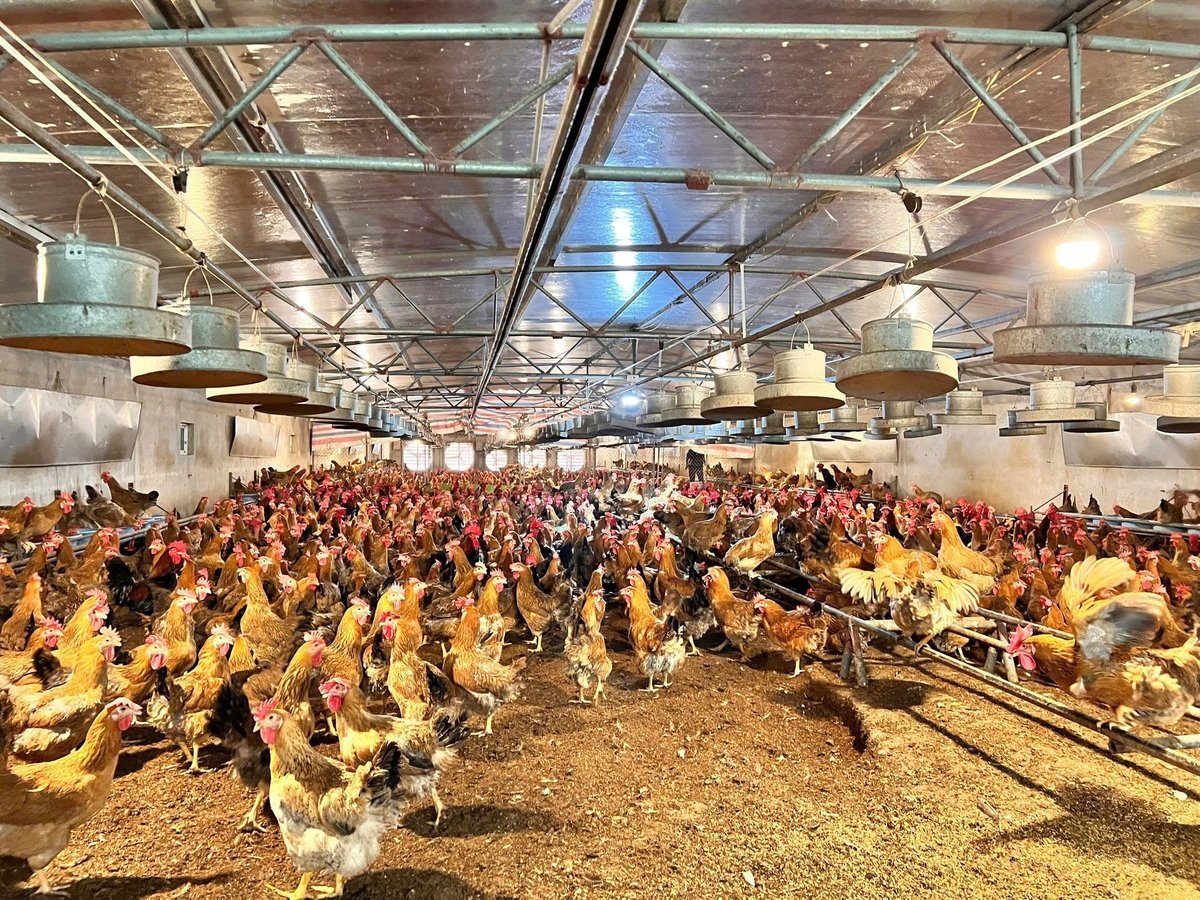
Closed parent chicken farming model of Mr. Lai Van Hung's family. Photo: Tien Trung.
Mr. Hung said that in the past, people in Vinh Ha village mainly raised free-range chickens in small numbers, relying entirely on purchased breeds, so the risk of disease was high and efficiency was low. Thanks to the agricultural extension program that provided capital support, technology transfer and training, some households boldly applied the parent chicken raising model instead of the traditional method, opening up a more stable direction for local livestock farming.
The change in approach has brought about a clear turning point for the family economy. Previously, each batch of Mr. Hung only raised about 300 chicks bought from outside, the loss rate was always at 20 - 30%. Since switching to raising parent chickens and being completely self-sufficient in the source of breed, the efficiency has increased significantly.
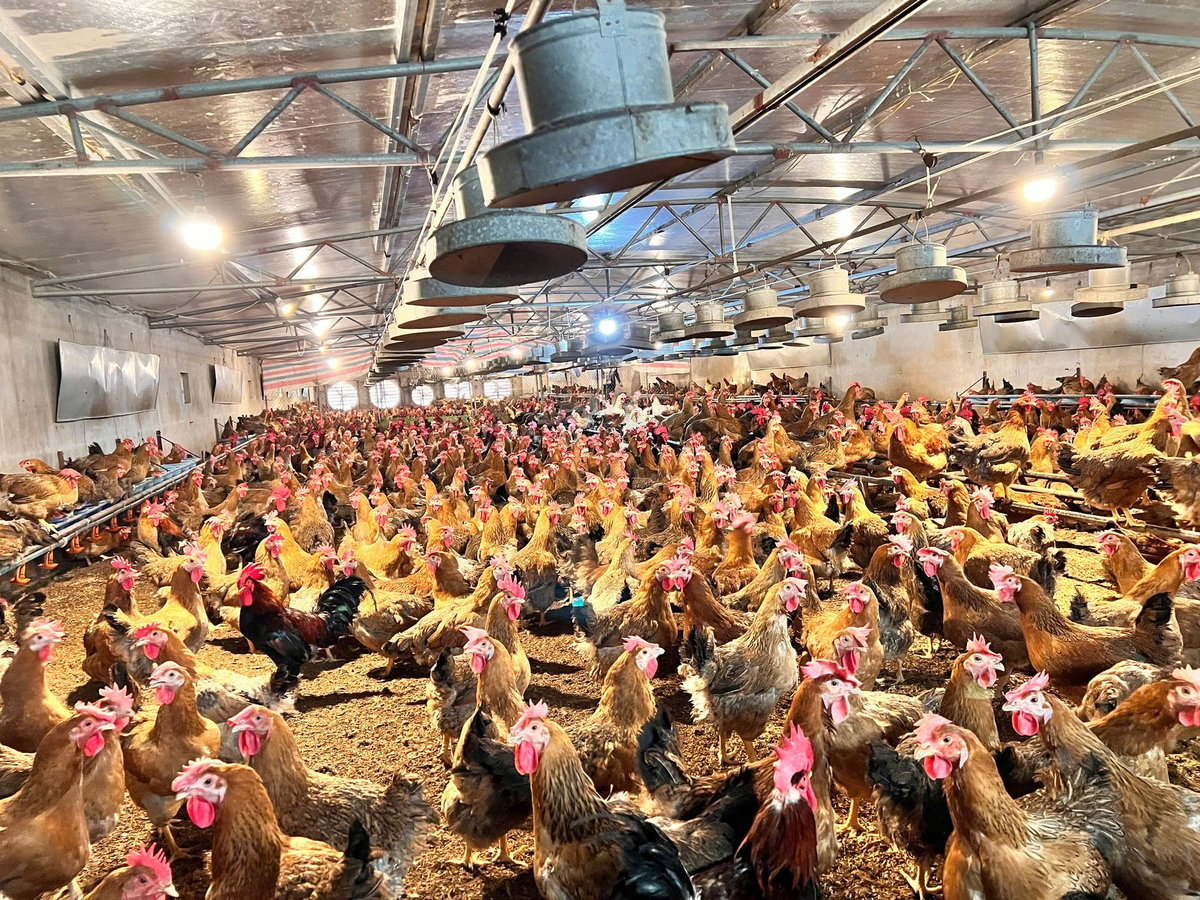
Some households have boldly applied the parent chicken farming model instead of the traditional farming method, opening up a more stable direction for local livestock farming. Photo: Tien Trung.
Mr. Hung calculated that with only 100 breeding hens, each year can produce more than 10,000 breeding chickens. Thanks to that, the family can ensure a healthy breeding flock, and also have additional income from selling breeding chickens to households in the area and supplying them to Dai Xuyen chicken farm, helping to double the profit compared to before.
The high economic efficiency of this model also created a foundation for Mr. Hung's family to rise up. Life was more stable, he had the conditions to support people with capital, breeds and techniques, contributing to spreading new ways of doing things in the village. He and his wife continued to invest in upgrading barns, expanding the scale of farming, and now have reached 5,000 parent chickens.
Mr. Vu Van Hien, Head of Vinh Ha village, said that this model is suitable for local conditions because people no longer depend on outside breeds, reducing risks and improving economic efficiency. Thanks to that, many households have escaped poverty and become well-off.
In fact, according to preliminary statistics from the People's Committee of Dai Xuyen commune, by the end of 2024, Vinh Ha village had more than 50 households participating in raising parent chickens with a scale of 100 to 500 hens/household. On average, each household earned a profit of 80 - 150 million VND/year, much higher than the previous small-scale farming.

Chicken eggs are carefully selected before being put into the incubator. Photo: Tien Trung.
Despite its economic benefits, this model also faces many risks. The biggest risks are related to price, weather, hatching rate and disease.
“Temperature and humidity must be kept stable. If these two factors are not controlled, it will be difficult for the eggs to be moist enough for the chickens to hatch. Normally, each batch of chickens hatches after 21 days and the batches are rotated continuously, not leaving the incubator empty,” Mr. Hung shared.
In addition to the cost, caring for breeding flocks is also more complicated than egg chickens. If the parent chickens are sick, they cannot be given medicine indiscriminately because it will affect egg production. The exploitation period is also short, less than a year before the flock must be replaced, avoiding the winter when chicks are very difficult to sell. After each cycle ends, the breeder must rest for 6 months before being able to raise a new flock.
It is known that Dai Xuyen commune authorities are coordinating with Vinh Ha village agricultural cooperative to develop the brand "Vinh Ha parent chicken". The goal is to create links between households, unify technical processes, ensure food safety and hygiene and gradually move towards signing product consumption contracts with businesses.
Agricultural extension officers of Dai Xuyen commune recommend that people raising parent chickens in Vinh Ha need to continue to focus on breed quality, barn hygiene and full vaccination, and need to calculate a reasonable scale, avoid following trends and quantity, causing excess supply and disease pressure.
Source: https://nongnghiepmoitruong.vn/nuoi-ga-bo-me-an-toan-sinh-hoc-d784505.html



![[Photo] National Assembly Chairman Tran Thanh Man receives a business delegation from the Europe-ASEAN Business Council](/_next/image?url=https%3A%2F%2Fvphoto.vietnam.vn%2Fthumb%2F1200x675%2Fvietnam%2Fresource%2FIMAGE%2F2025%2F11%2F24%2F1763989198212_ndo_br_bnd-7394-jpg.webp&w=3840&q=75)
![[Photo] Prime Minister Pham Minh Chinh attends the patriotic emulation congress of the banking sector](/_next/image?url=https%3A%2F%2Fvphoto.vietnam.vn%2Fthumb%2F1200x675%2Fvietnam%2Fresource%2FIMAGE%2F2025%2F11%2F24%2F1763981997729_tt-nhnn-jpg.webp&w=3840&q=75)



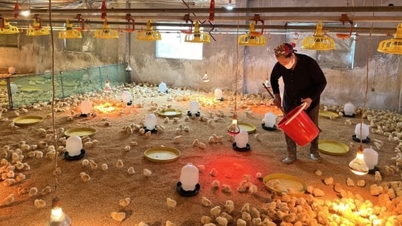
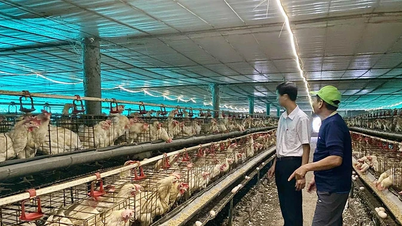



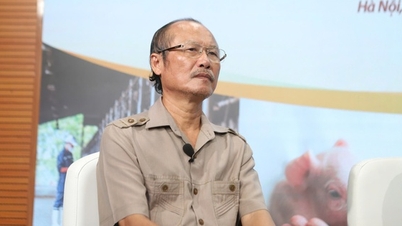

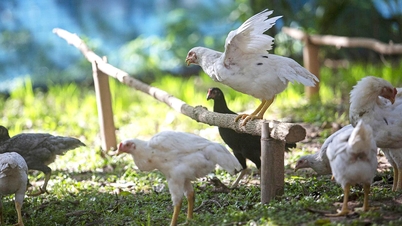

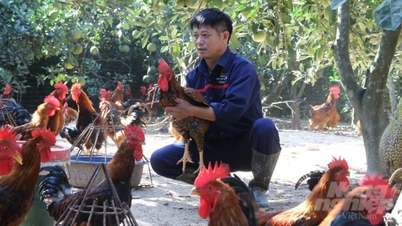
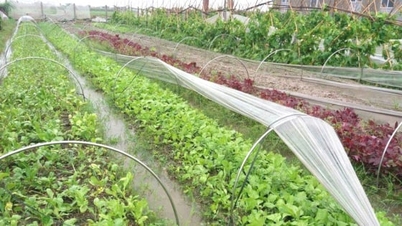

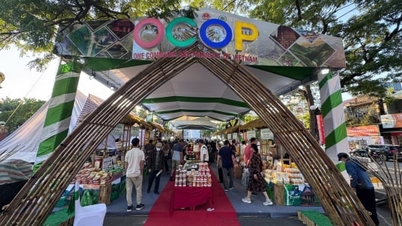
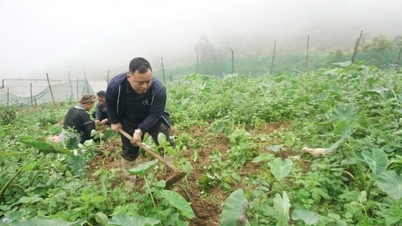

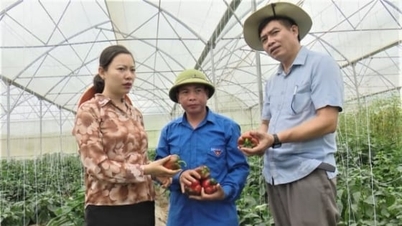






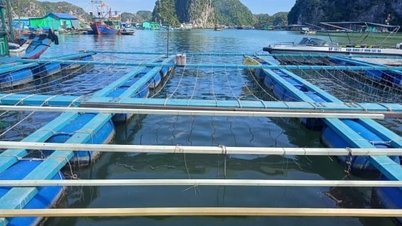

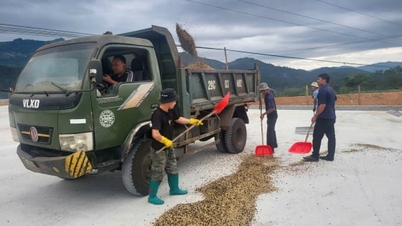
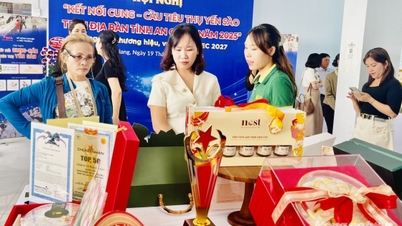
![[Photo] Next to the "mountain of trash" after the flood, Tuy Hoa residents strive to rebuild their lives](/_next/image?url=https%3A%2F%2Fvphoto.vietnam.vn%2Fthumb%2F1200x675%2Fvietnam%2Fresource%2FIMAGE%2F2025%2F11%2F24%2F1763951389752_image-1-jpg.webp&w=3840&q=75)




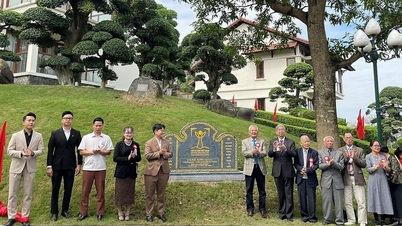

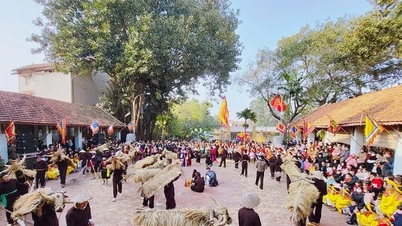
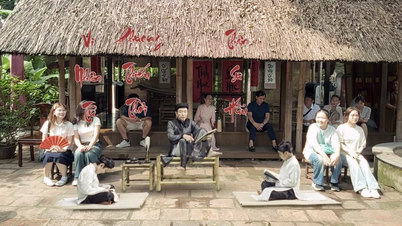

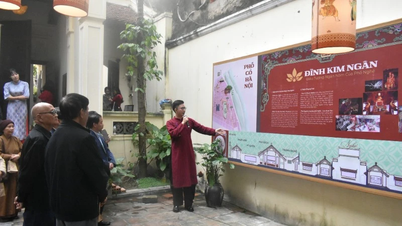







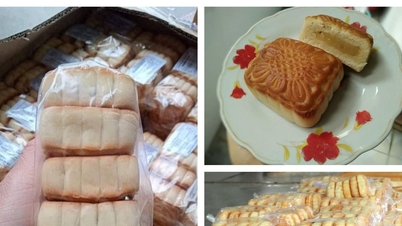

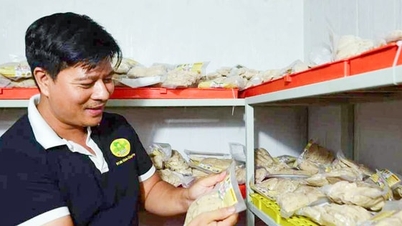







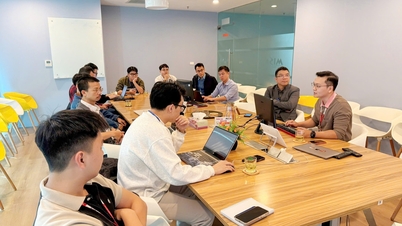

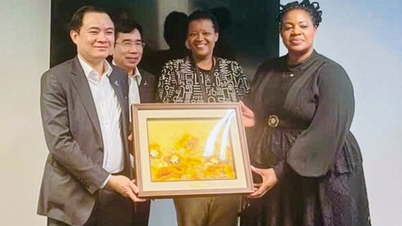
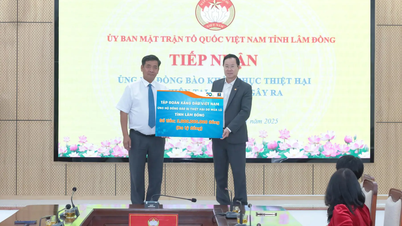








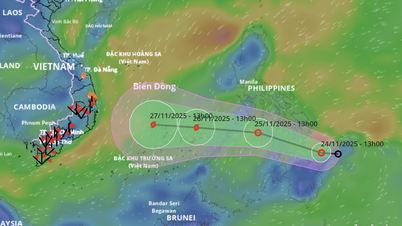


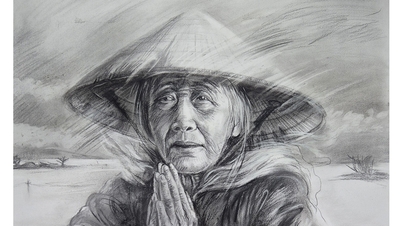
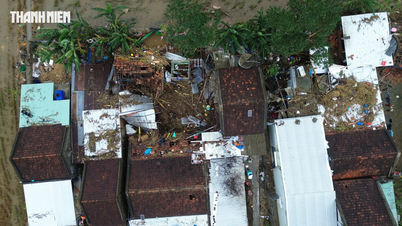
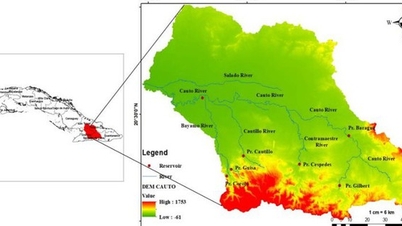

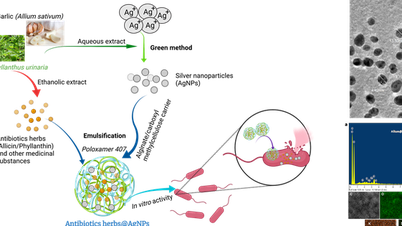
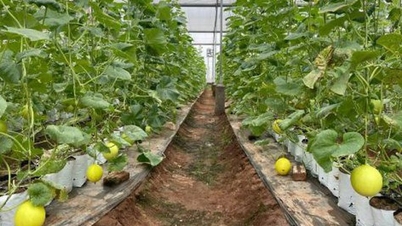


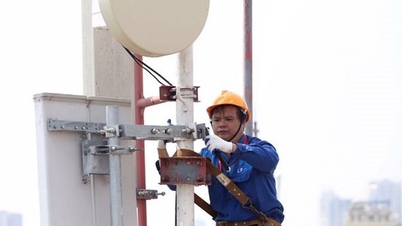







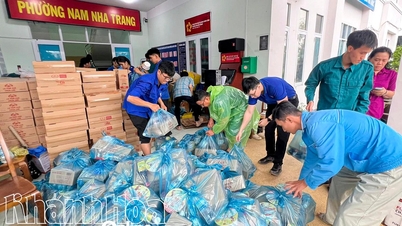

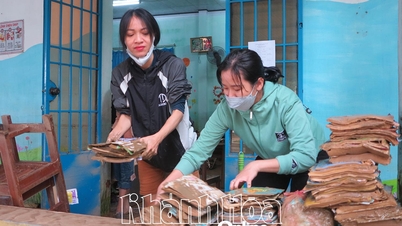











Comment (0)